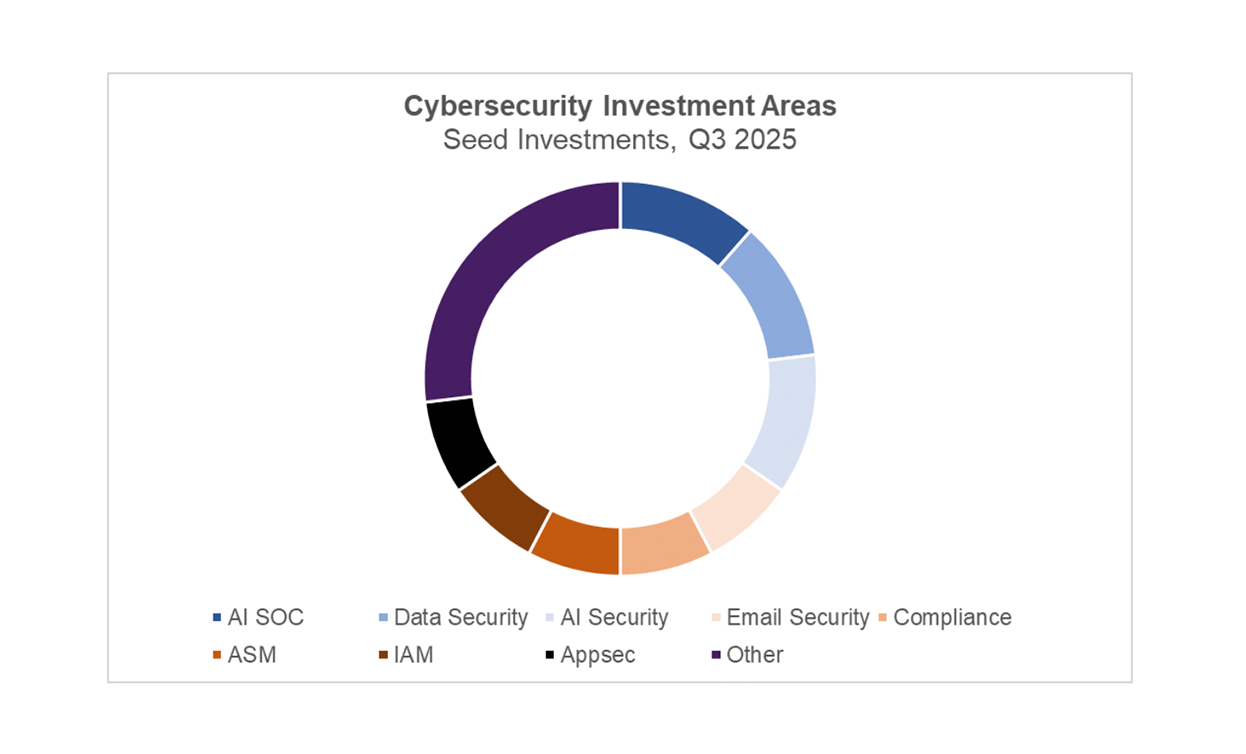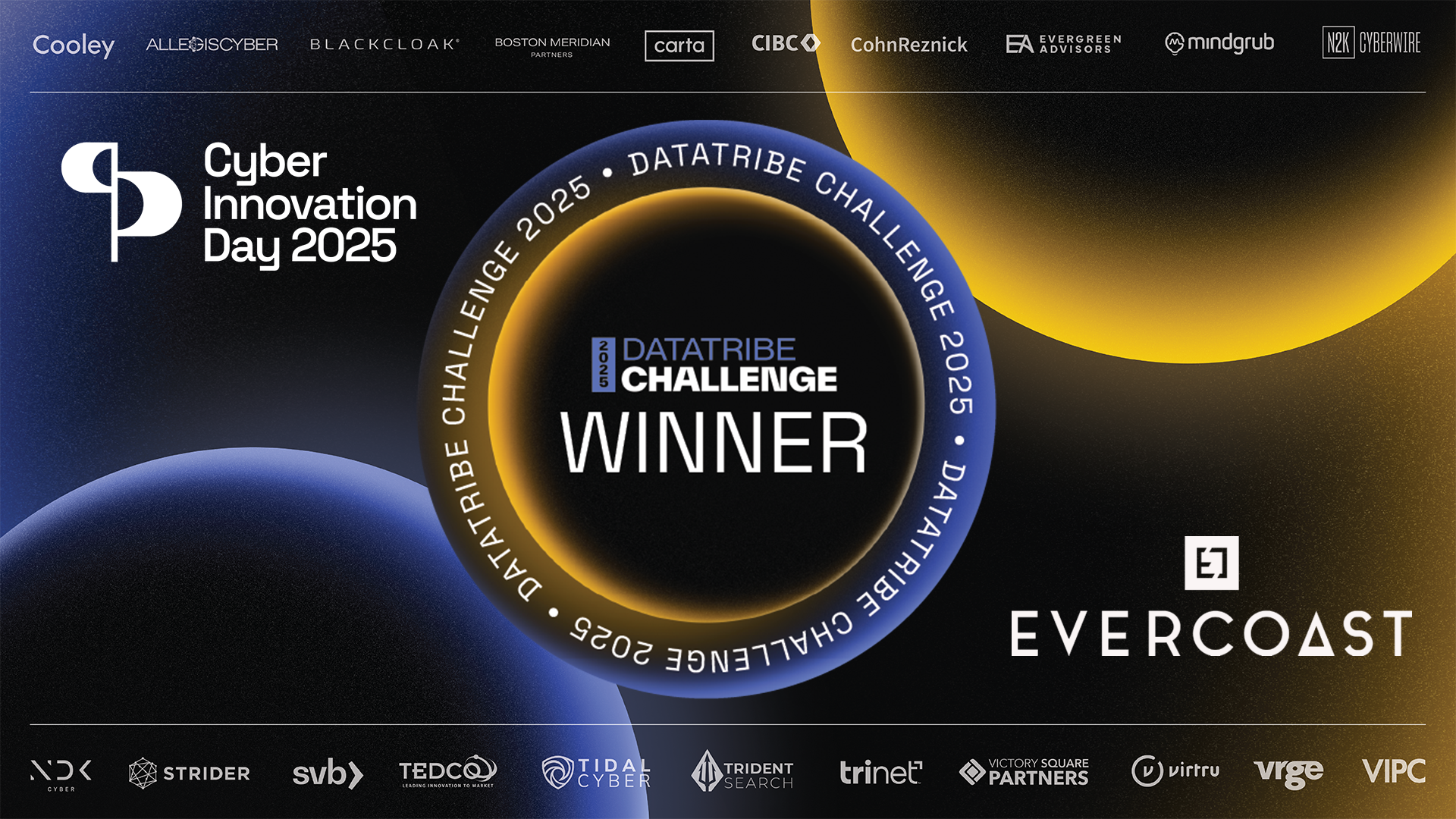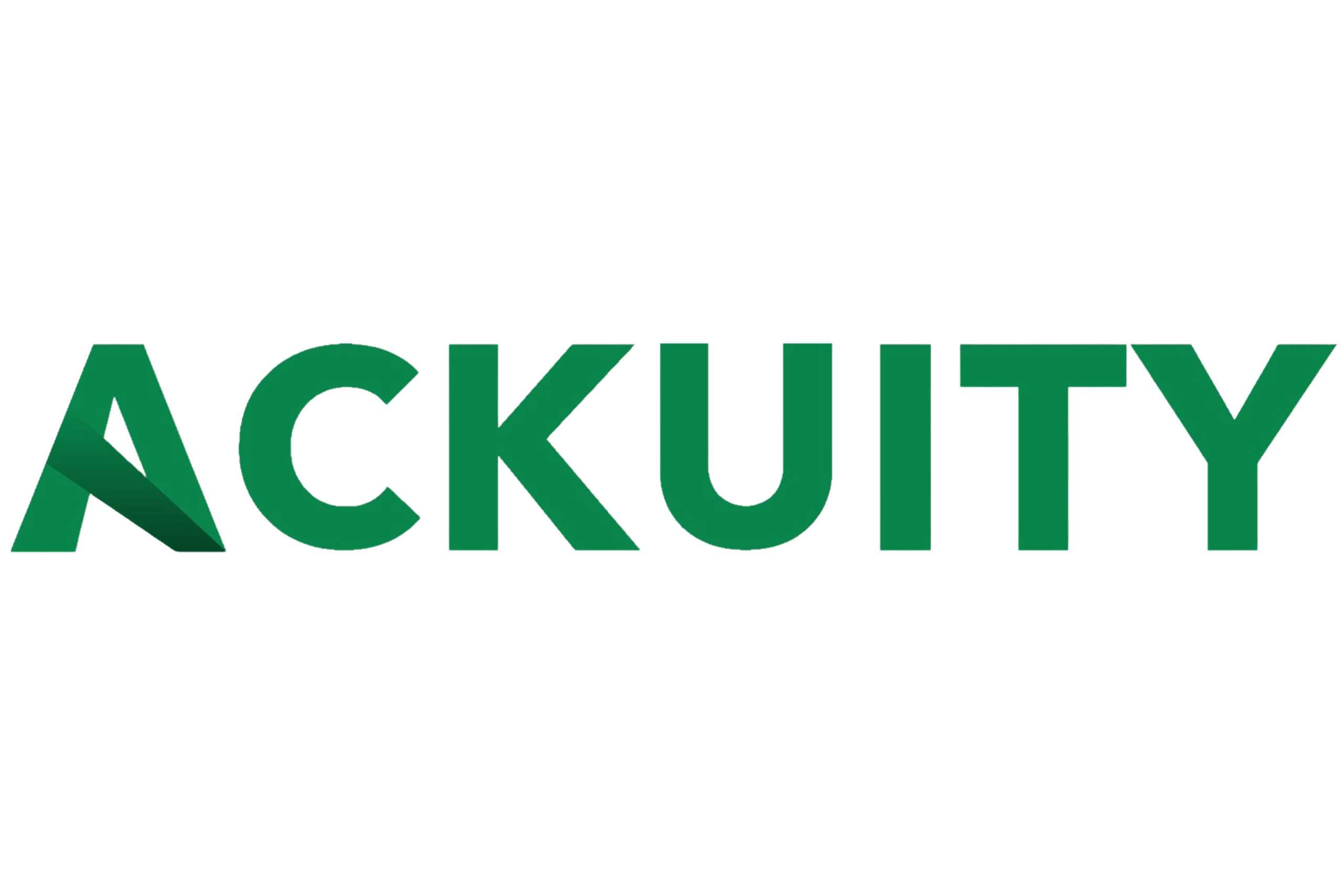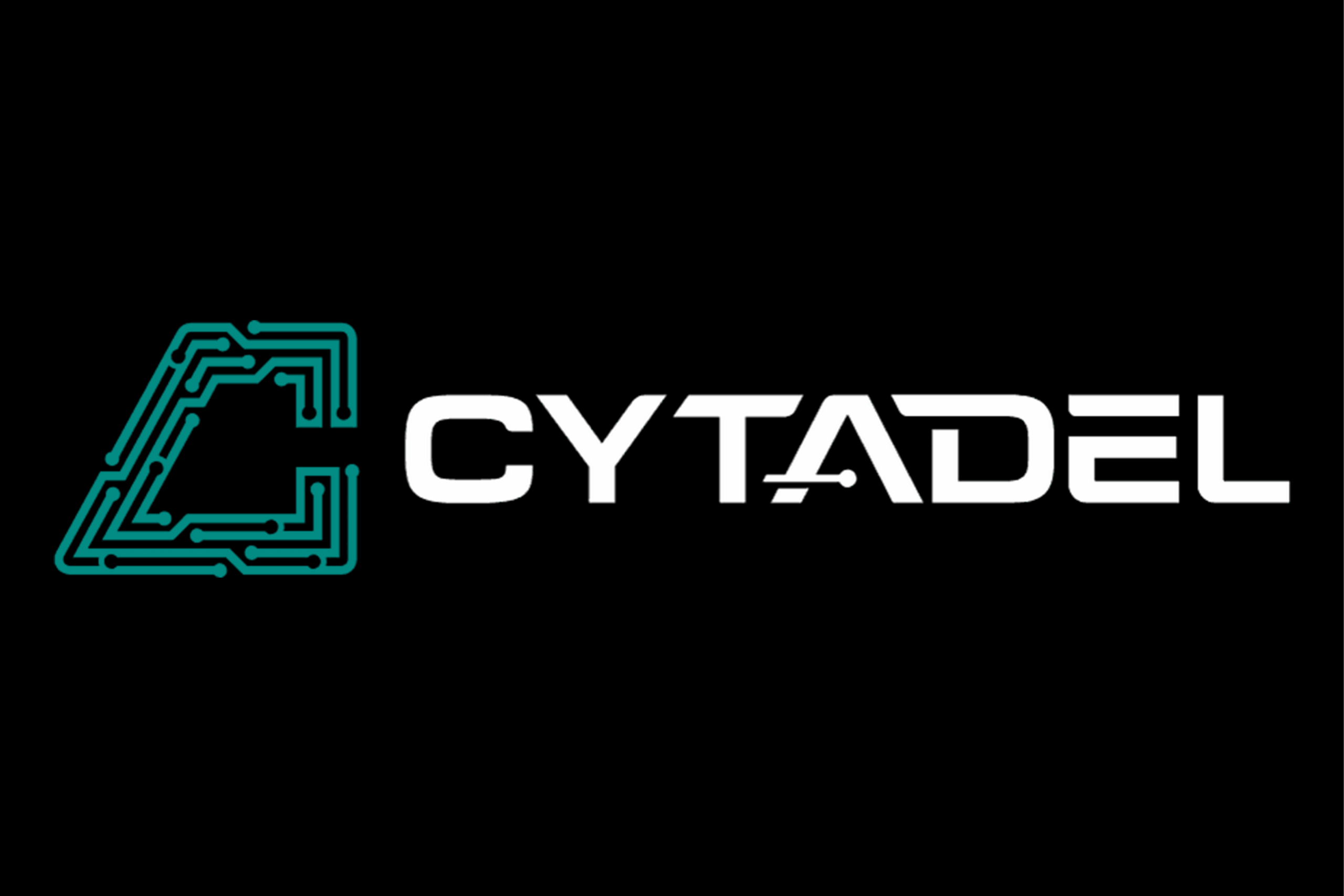About VALIDIA
Founded in 2023, is revolutionizing enterprise identity authentication by addressing the critical vulnerability of sophisticated impersonation threats, particularly deepfakes, in remote work environments. Our mission is to secure digital identities and communications in the age of exponentially improving artificial intelligence. Validia’s comprehensive platform leverages existing employee data to create unique biometric profile embeddings, enabling seamless, continuous identity authentication across all digital interactions without compromising user experience or privacy. Unlike traditional machine learning approaches, our proprietary Bioprint technology powers non-ML solutions that extend zero trust principles throughout the enterprise, fundamentally transforming how organizations ensure the authenticity of their digital interactions. Validia’s innovative approach to AI threats has been recognized by large identity technology providers, with the company being named a finalist in inaugural Okta SaaS competition.
Q&A with Justin Marciano, Co-founder and CEO
Q: Tell us about your background.
Justin Marciano, Validia’s Co-founder and CEO, brings a diverse background in blockchain technology, product management at Visa, and venture capital to the table. His journey through these fields sparked a deep interest in digital authenticity, inspiring him to address the growing challenge of distinguishing truth online. Justin’s unique blend of experience in payments and emerging technologies drives Validia’s mission to safeguard digital trust against next-generation social engineering threats. Even as a young entrepreneur, Justin showed his innovative spirit by starting neighborhood snow-blowing and babysitting services. His most amusing venture was an attempt to create “Tummy Bears,” a digestible calcium product that, while messy, provided invaluable lessons in product development and entrepreneurship.
Paul Vann, Validia’s Co-founder and CTO, contributes nearly a decade of expertise in cybersecurity and software development to the company. His focus lies in automating cybersecurity processes and developing cutting-edge AI-driven defensive solutions. As a respected voice in the cybersecurity community, Paul frequently speaks on critical topics ranging from the cybersecurity of the US energy sector to improving cybersecurity education in K12 and undergraduate programs. Paul’s problem-solving skills emerged early on. In high school, his fascination with math and algorithms led him to crack the code for Subway’s receipt survey system. This clever feat resulted in an unlimited supply of free cookies, with Paul once claiming 20 cookies in a single sitting.
Q: Tell us about your business/idea.
Validia addresses a critical vulnerability in today’s virtual workforce: the inability to reliably authenticate employee identities in real-time across digital communications. This gap undermines zero-trust initiatives and exposes organizations to sophisticated AI-powered impersonation attacks, including deepfakes. The urgency of our solution is underscored by alarming trends: deepfakes have emerged as the second most common cybersecurity incident for businesses in the past year, and 90% of online content is projected to be synthetic by 2026. As AI technology rapidly advances, traditional authentication methods are failing to protect against these evolving threats, putting sensitive data, financial assets, and organizational integrity at risk.
Our Know Your Employee (KYE) solution, powered by our proprietary Bioprint technology, leverages existing employee data through Human Resources (HR) and Applicant Tracking System (ATS) integrations to create unique facial and voice profiles. This enables robust, continuous identity verification across all enterprise communication platforms. Validia seamlessly integrates into unified communication channels such as Microsoft Teams and Zoom, with plans to expand beyond these platforms in the future. This integration significantly enhances an organization’s observability and strengthens zero-trust architecture, mitigating risks of unauthorized access and data breaches without compromising user experience or privacy.





